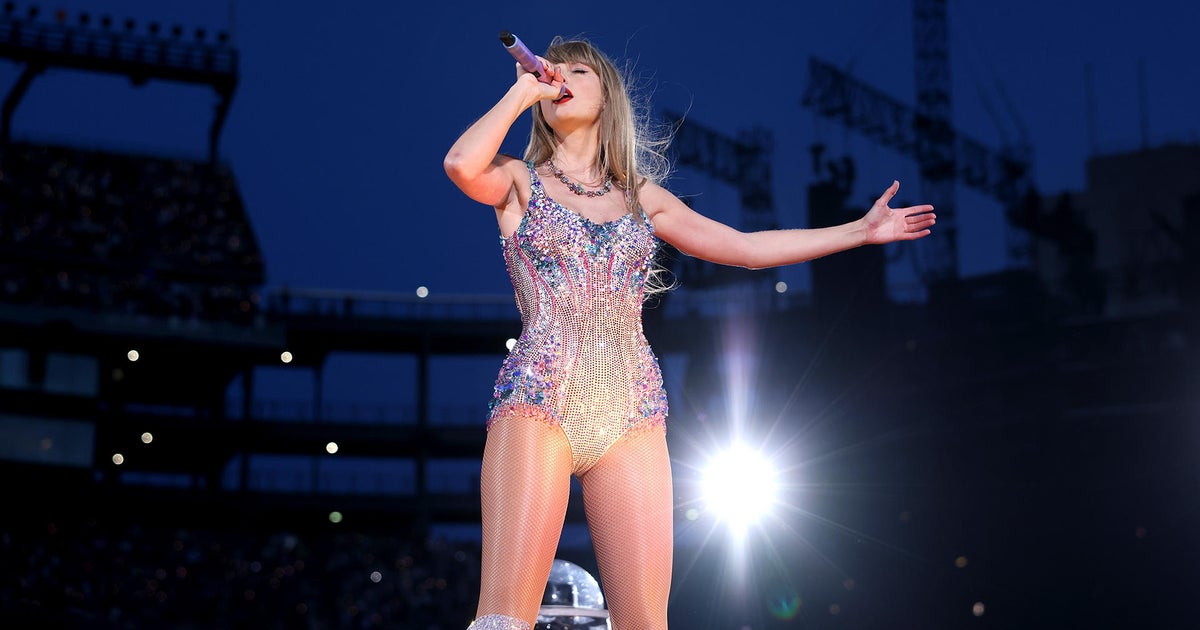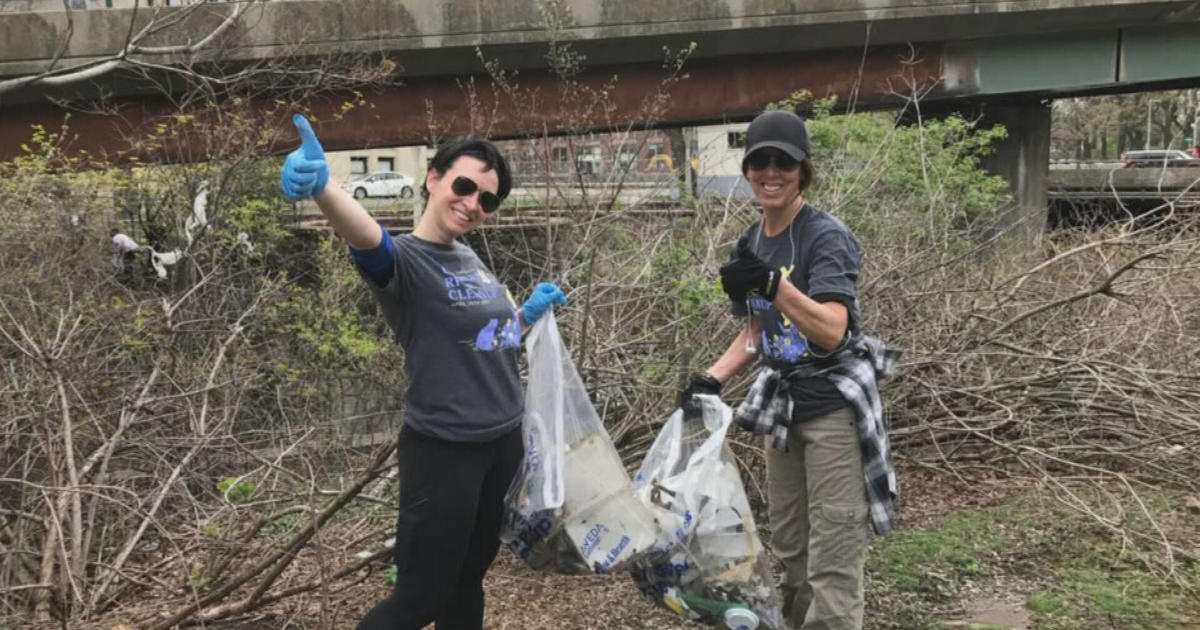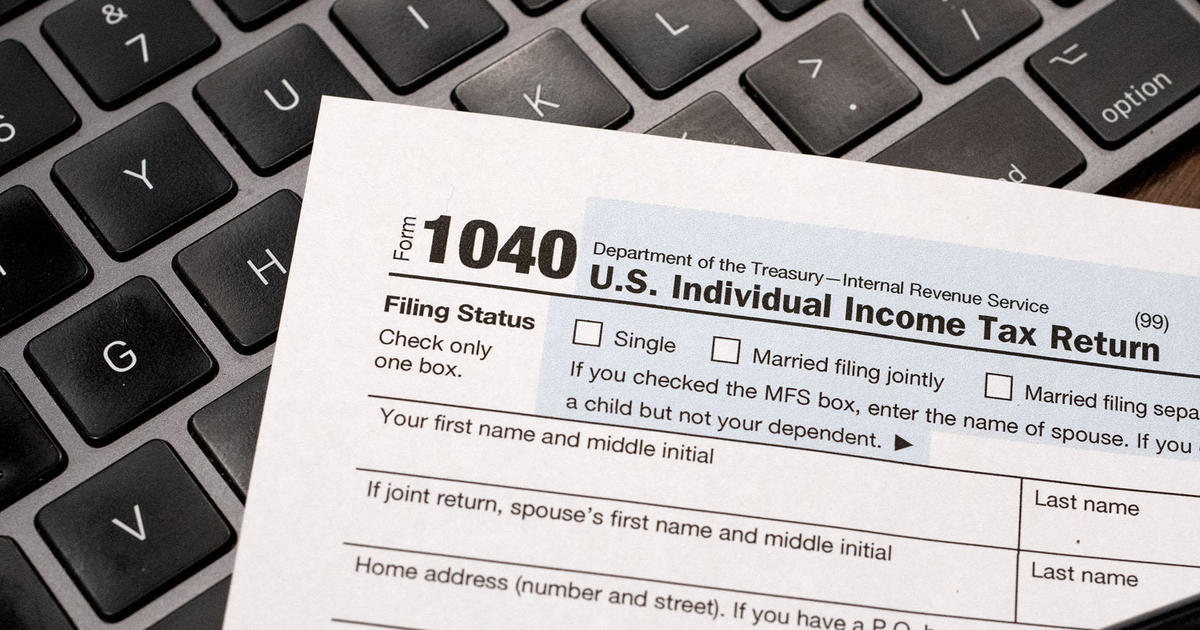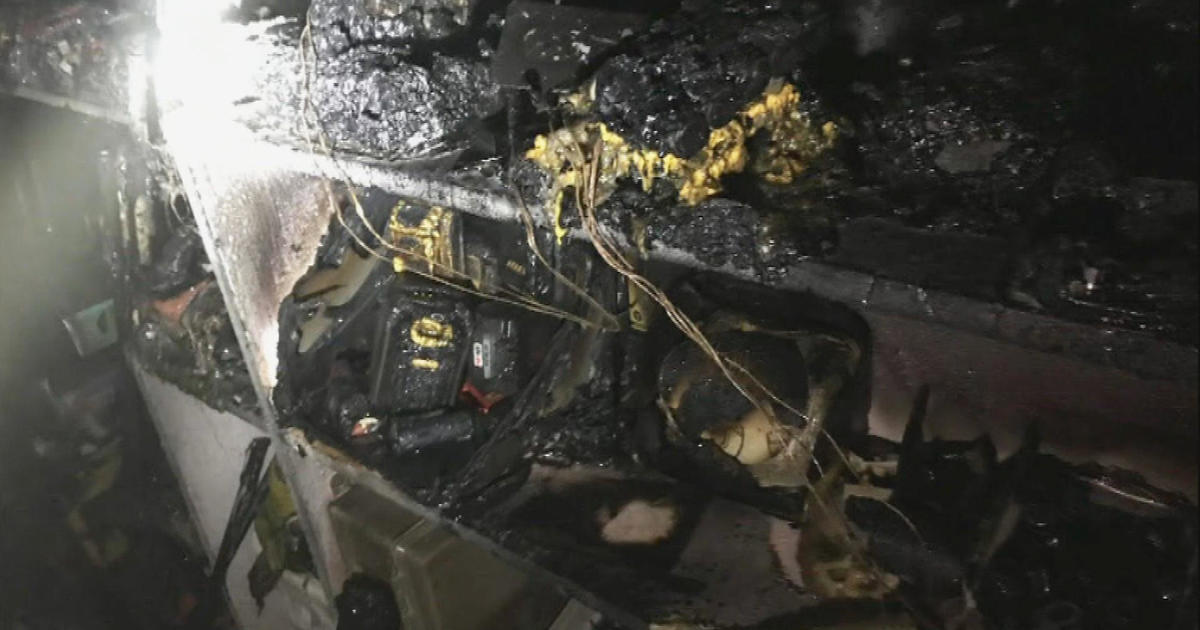Transportation Bill Prompts Rare Weekend Session On Beacon Hill
BOSTON (AP) — The Massachusetts Senate, meeting in a rare Saturday session, weighed the latest version of a contentious bill that would pump more dollars into the state's aging and debt-ridden transportation system.
The measure, calling for about $500 million in new taxes, was approved Monday by the House in the face of a veto threat from Democratic Gov. Deval Patrick, who criticized the bill as insufficient to deal with the state's long-term transportation needs.
A revised version approved later in the week by a key Senate panel would dedicate more revenue to transportation needs than the House-passed version, something Patrick called a step in the right direction. But the governor stopped short of saying whether he would accept the Senate plan, if approved.
Senate Ways and Means Committee chairman Stephen Brewer urged colleagues at the outset of the debate to ignore the sometimes harsh rhetoric surrounding the bill.
"There has been a lot of emotion and a serious case of hardball politics over the last couple of weeks in this regard," said Brewer, D-Barre. "I am very proud that during that time this body did not get caught up in emotion but instead worked collaboratively to make a good piece of legislation even better."
The session was expected to be lengthy, with more than 100 amendments to consider. Sen. Bruce Tarr, the Republican leader, asked that debate be postponed to give members more time to digest the bill and the proposed amendments, most of which were filed only in the past 24 hours.
"We are being asked ... to make substantial changes in the tax structure of the Commonwealth of Massachusetts," said Tarr, R-Gloucester. "We are being asked to make major policy changes about transportation."
Tarr's request to postpone was overwhelmingly defeated. Republicans, who hold only four seats in the 40-member Senate, planned to offer an alternative transportation financing plan that called for no new taxes.
The plan offered by Democratic leaders called for raising the state's gasoline tax by three cents, to 24 cents a gallon, and indexing future increases in the tax to inflation. It would also increase the cigarette tax by $1 per pack, to $3.51, and boost the excise tax on cigars and smokeless tobacco.
The bill also expands the sales tax to computer design services and software modifications and changes the way utilities are classified for tax purposes.
Lawmakers rejected a much larger, $1.9 billion tax plan proposed by Patrick that included an increase in the state income tax to generate new revenue for both transportation and education.
Patrick slammed the initial bill offered by lawmakers as a "fiscal shell game" that only pretended to upgrade a transportation system that continues to sag under the weight of debt from the massive Big Dig highway project. The governor said the legislators' proposal did not provide enough revenue to fix crumbling infrastructure or embark on new projects, such as extending commuter rail to New Bedford or expanding Boston's South Station.
Both the governor's plan and the one proposed by legislative leaders sought to erase the Massachusetts Bay Transportation Authority's annual operating deficit and avoid — at least temporarily — the need for further fare hikes or service cuts on the Boston-area transit system. Both plans also called for ending the practice of paying the salaries of state transportation employees with borrowed funds.
And while both plans would dedicate roughly the same amount of revenue to transportation in the next fiscal year starting July 1, the numbers would diverge sharply in future years.
The Patrick administration estimates its plan would provide, on average, $1.1 billion in additional annual transportation funding over the next 10 years, much of it going to capital improvements.
Brewer on Saturday said the five-year Senate plan would reach an estimated $805 million by 2018 and create a "reliable, convenient and affordable transportation system." The bill would generate additional revenue by dedicating an existing 2.5 cents per gallon gasoline surtax to transportation and requiring utilities with equipment on state highways to negotiate right-of-way agreements with the state. Neither measure was in the House-passed version.
But critics of the legislative plan say it would also rely far too heavily on future revenue generated directly by the MBTA or the Massachusetts Department of Transportation — dooming residents to ever-increasing transit fares, turnpike tolls and Registry of Motor Vehicles fees.
Copyright 2013 The Associated Press.



